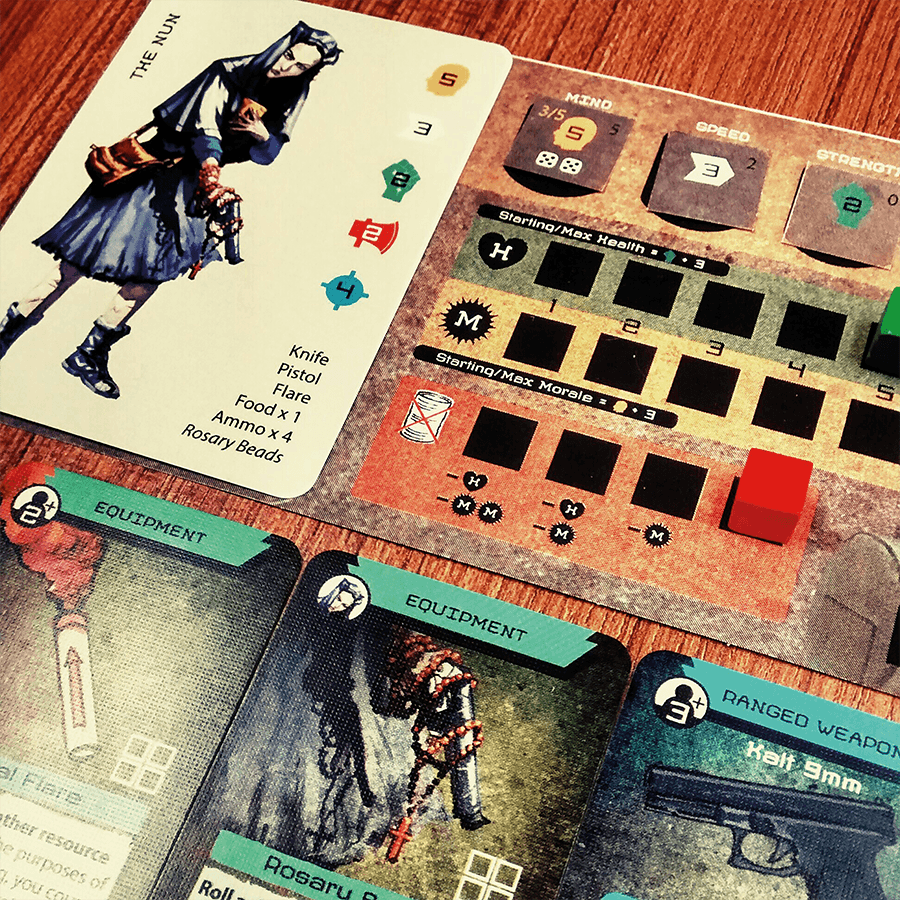Mighty Origins
There was once a group of sharp young teens looking for some fun. But all the games they toiled to purchase had a plethora of plot holes and problems. They joined forces and gave themselves one mission: to make the best game in the history of games! They called themselves Mighty Box… and this is their story. Words by Cassi Camilleri.
On Qubes and the pockets that fit them
As far as tech trends go, smaller is almost always better. The team behind the University of Malta’s first ever PocketQube satellite agree-—–except when it comes to their ambitions. Cassi Camilleri speaks to Dr Ing. Marc Azzopardi, Darren Cachia, and Jonathan Camilleri to determine how work is progressing ahead of their 2018 space launch.
Future Cockpit
In the near future, commercial airline pilots will be able to speak and use hand gestures to interact with an aircraft. But there is still a way to go before this technology becomes available. Dr Jason Gauci writes about the research that is being done by the Institute of Aerospace Technologies (University of Malta) to meet these challenges.
Green Planes Safe Planes
Prof. Ing. David Zammit Mangion has been spearheading research in aviation at the University of Malta for two decades. With a focus on improving fuel burn, reducing emissions, and better flight management systems for pilots, the one overarching aim is safer air travel.
Extreme stars unlock gravitational secrets
Our understanding of gravity has changed over the years and will likely continue to as researchers arm themselves with new ideas tested by increasingly sophisticated technology. Dr Jackson Levi Said, Mark Pace, and Filippos Nachmias (University of Malta [UoM]) tell THINK more about their mission to unlock gravity’s secrets from neutron stars.
Curiosity saved the cat
Since childhood Ian Zammit has always been curious about why things are the way they are. His curiosity has led him to work on a water recycling project from which Malta could potentially stand to gain. He speaks to Veronica Stivala.
Galactic rotation dynamics in modified gravity
In the last 100 years, Einstein’s theory of general relativity has proven invaluable to explain the nature of the universe. That being said, Einstein’s model of gravity does at times fail to comply with what we actually observe when looking up at the night sky.
Galaxies offer one of the most impressive laboratories where general relativity just does not work. Stellar objects in galaxies tend to orbit the galactic centre of mass. General relativity predicts that as one goes further from the centre of the galaxy, these orbital speeds drop off. Observational data shows that these velocities tend to stay constant along the radius of a galaxy. However, dark matter can be artificially introduced to account for this. The other argument is that such failures indicate the inability of general relativity to fully explain how the universe works. If this is so, it seems necessary to construct what are called alternative or modified theories of gravity. Such theories would have to be capable of correctly explaining all observed phenomena including those that general relativity fails to produce.
Andrew Finch (supervised by Dr Jackson Levi Said) is looking into the new concept of treating gravity as a torsional dominated system instead of a curvature dominated one, which is the concept explained by general relativity. The new models are being developed with the intention of agreeing with galactic rotation curves while managing to explain everything that general relativity already does. It is only possible to vigorously test such models because of the large amount of freely available data which has been gathered on galaxies. As models are obtained, the cluster in the ISSA (Institute of Space Science and Astronomy) laboratory is being used in order to determine model parameters. Using this data, Finch aims to compare Einstein’s theory with the new model being developed. Will it improve on Einstein’s ideas? Only Finch will tell…
This research is being performed as part of a Masters Degree in Astrophysics being read at the Institute of Space Sciences and Astronomy, University of Malta.
Andrew Finch
Maltese Medical Minds…ASSEMBLE!
Diseases and disorders plague humanity. They have the power to devastate the afflicted and those close to them. Globally researcher are fighting back. Recently, the Maltese branch of this international force came together at the 9th Malta Medical School Conference to present their most recent findings on matters from pediatrics and public health, to the minute mechanics of the molecular world that make us all tick. Outlined here are just two examples out of over a hundred presented on the day. Words by Scott Wilcockson.
Engineering modern life
From improving life quality to solar panels that decrease temperature, researchers at the Department of Environmental Design in the Faculty for the Built Environment (University of Malta) have come up with some ingenious ideas to strengthen modern building design. Natasha Padfield learns more.
Continue reading






